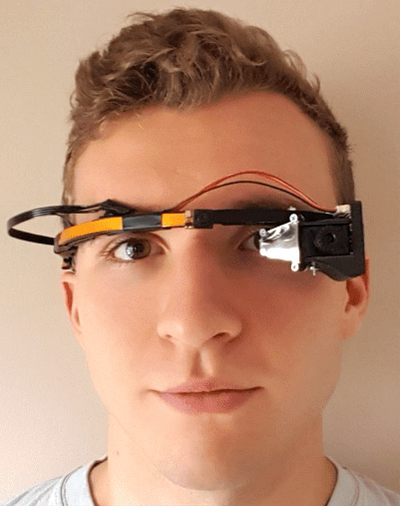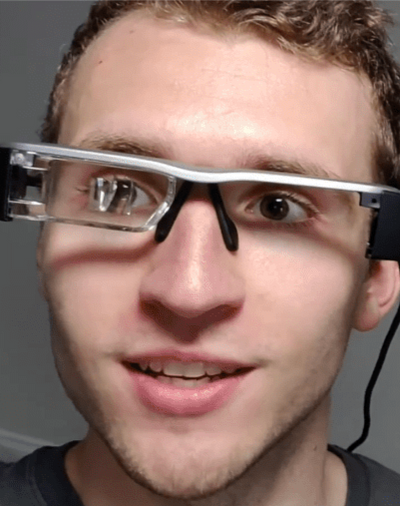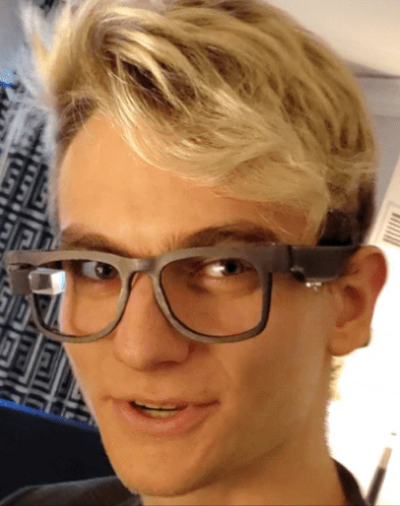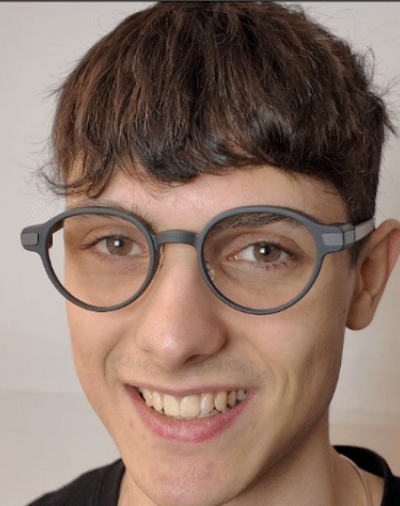Our Roots
In late 2024, Cayden dropped out of MIT, Israelov quit his job in Hong Kong, Mentra got funded by YCombinator, and the team transitioned to full time building MentraOS.
But we didn't start here. In 2018, Cayden realized that technology is not seperate from our mind, but an extension of it. Like the neocortex extended our old brain, our technological exocortex further expands our cognition. Cayden realized that the most impactful technologies are those that increase the bandwidth between human and machine intelligence. He saw the five phases of human computer interaction, and began building technology to fuel the next paradigm shift to smart glasses.
In late 2021, Cayden began building a pair of smart glasses with an advanced embedded microphone array. At the same time, Israelov was separately building Telescope custom smart glasses with display. The two met on Reddit, had a call, and teamed up. 8 months later, they went to CES 2023 to present the OpenSourceSmartGlasses.
In 2023, Cayden and Israelov made the most important realization of their lives: just like smart phones needed Android, smart glasses similarly need an entirely new kind of operating system.
Smart Glasses Have Arrived
We were promised smart glasses for years, but the hardware was never ready.
Now the hardware is here, but the apps are not and software ecosystem is not.
We're solving that with MentraOS – the smart glasses operating system which brings AI agents and apps to your smart glasses.
Apps Become Agents
Apps are passive tools which wait for us to to tell them what to do.
Now, apps are becoming AI agents, which figure out for themselves how to help us.
These agents need context and the ability to provide us with proactive information.
Smart glasses are the ultimate AI interface because they provide AI agents with context and proactivity.
Smart Glasses are the Ultimate AI Interface, But There's a Problem
Thanks to the rapid rise of ChatGPT and LLMs, the AI is mature. Further, miniaturization of opto-electronics for AR is finally enabling smart glasses hardware in an all-day form factor.
But something's still missing. Today's operating systems don't allow for the proactive AI agents that will enable this next personal computing interface.
Building proactive wearable agents isn't possible on Android/iOS because:
- Multiple agents must access contextual sensors
- OS must orchestrate proactive information
- Agents must run 24/7
- Devs need to write one agent that works on any pair of smart glasses
















